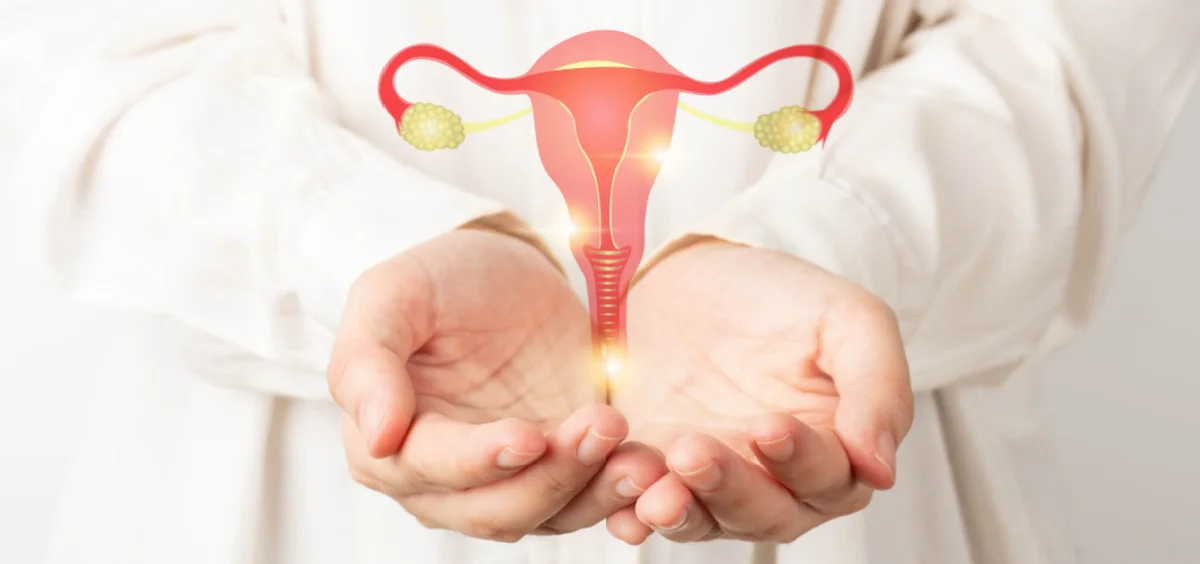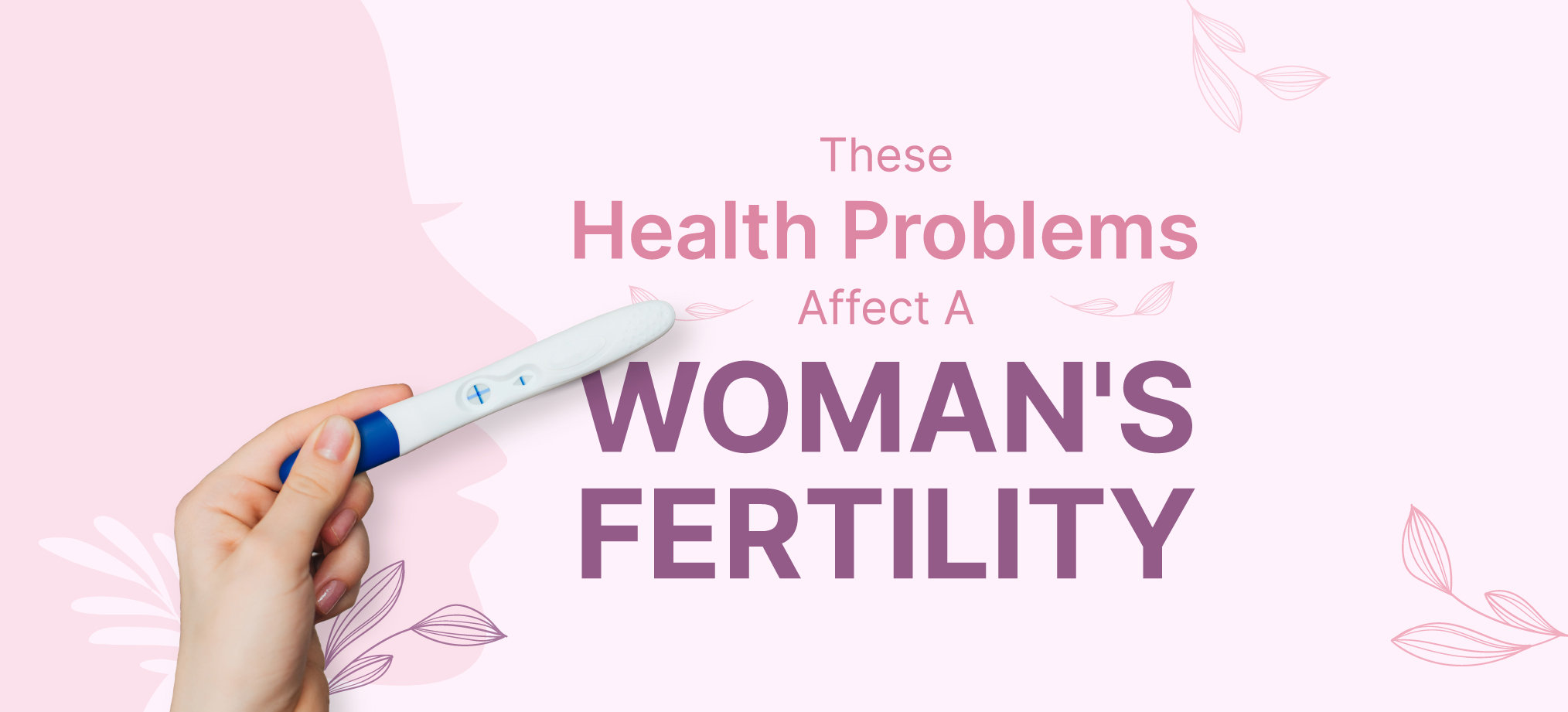- Home
- Blog
- Women Care
PCOD Vs PCOS: A Quick Guide To Understanding The Differences
Women Care
PCOD Vs PCOS: A Quick Guide To Understanding The Differences
By Apollo 24|7, Published on- 15 March 2023, Updated on -20 July 2023
Share this article
0
0 like

A large chunk of the female population often uses the terms PCOD and PCOS interchangeably, but little do they know that there are differences between the two in terms of causal factors and management.
PCOD, polycystic ovary disease, is a medical condition where the ovaries release immature or partially-mature eggs, which causes hormonal imbalances and cyst development, among other symptoms. PCOD can also cause irregular menstruation and swollen ovaries.
PCOS, polycystic ovary syndrome, is a medical condition that causes the ovaries to produce excess androgens, which leads to a variety of symptoms such as irregular periods, facial hair growth, acne, etc. One of the hallmarks of PCOS is the presence of small fluid-filled sacs, called cysts, in the ovaries. These cysts can cause the ovaries to become enlarged and can disrupt the hormonal balance in the body.
DidYouKnow? Studies have shown that the prevalence of PCOD and PCOS is nearly 5.5-12.6% in India.
Besides, the underlying causes and treatments for these two conditions are not the same. Continue reading to learn more about the key differences between PCOD and PCOS.
Causes of PCOD & POCS
While the exact causes remain unknown for PCOD and PCOS. According to research, these conditions could be influenced by a combination of genetic, hormonal, and other medical factors. Some of the known causes and risk factors are as follows:
- Heredity
- Imbalance in hormones (insulin, oestrogen, androgen)
- Insulin resistance with metabolic disorders can cause PCOS and PCOD
- Chronic inflammation
- Lifestyle factors such as poor diet, lack of exercise, and chronic stress
Understanding the Differences between PCOD & PCOS
Various factors make these conditions different from each other. Here are the details:
|
PCOD |
PCOS |
|
It's a common disorder prevailing in almost 10% of the women population. |
It's not as common as PCOD but a serious medical condition affecting around 2% of the women population. |
|
It is caused by hormonal imbalances. |
It is an endocrine system disorder. |
|
In this condition, ovaries produce immature or partially matured eggs. |
PCOS is a serious medical condition where the ovaries can even stop producing or releasing eggs. |
|
It doesn't affect a woman's fertility. |
It seriously affects a woman's fertility. |
|
A woman with PCOD can ovulate and can become pregnant with the help of medicines and lifestyle modifications. |
A woman with PCOS cannot ovulate regularly, hence, it becomes difficult for her to become pregnant. |
|
PCOD is caused by poor lifestyle choices leading to obesity, stress and anxiety, and hormonal imbalances. |
The causal factor behind PCOS is unknown but it is believed to be caused due to genetics or abnormal hormonal levels. |
|
PCOD has no serious health implications. |
PCOS can increase the risk of type 2 diabetes, cardiac disorders, hypertension and endometrial cancer. |
|
It can be treated with lifestyle modifications, weight loss and some period-regulating medications. |
In PCOS, treatments like hormone-regulating medications, fertility treatment and insulin-sensitising drugs are used to alleviate symptoms. |
Symptoms of PCOD & POCS
The symptoms of both PCOS and PCOD are more or less likely the same:
- Period irregularity or no periods at all
- Heavy menstrual bleeding
- Gaining weight
- Acne
- Excess facial and body hair
- Hair loss on the scalp
- Skin discolouration around the neck and armpits
- Infertility
- Fatigue and tiredness
- Mood swings
Risk Factors
There are various risk factors associated with the development of PCOS or PCOD as a condition, which include:
- Insulin resistance
- Type 1, type 2 or gestational diabetes
- Obesity, as excess body fat, can lead to insulin resistance and hormonal imbalances
- Genetics or family history
- Chronic inflammation
- Exposure to environmental toxins like BPA and phthalates
- Stress and anxiety
- Sedentary lifestyle
- Consumption of sugar- and fructose-rich diets and drinks
Possible Complications
The possible complications for both PCOD and PCOS can be similar but not to the same extent:
- Infertility
- Type 2 diabetes
- Metabolic syndrome
- Endometrial cancer
- Depression and anxiety
- Sleep apnoea
Prevention of PCOD & PCOS
Both PCOD and PCOS can be prevented by,
- Maintaining a healthy weight
- Eating a healthy diet
- Exercising regularly
- Managing stress and anxiety
- Getting enough sleep
- Avoiding exposure to environmental toxins
When to See a Doctor?
The severity of the condition varies from person to person. If you suspect that you are witnessing any of the symptoms like irregular periods, excessive hair growth, acne, or weight gain, it's critical to consult with a gynaecologist for an accurate diagnosis and treatment plan. Remember, early diagnosis and treatment are key to managing PCOD and PCOS effectively.
Consult Apollo's Expert Gynaecologists
FAQs
1. Can PCOD and PCOS cause permanent damage to the uterus?
No, it does not. But these conditions have to be treated to prevent further complications.
2. Is it possible to get pregnant while suffering from PCOD and PCOS?
Yes, it is possible to become pregnant while suffering from PCOD/PCOS. PCOS can make it more difficult to conceive because it can cause hormonal disorders. With PCOD your doctor may recommend lifestyle changes, such as losing weight, eating a healthy diet, and exercising regularly to increase the chances of pregnancy.
3. Can PCOD develop post-pregnancy?
Yes, PCOD is caused due to hormonal imbalance. So, it can develop post-pregnancy, whereas PCOS occurs mostly before pregnancy.
4. Can PCOD/PCOS develop early?
Yes, it can develop as early as 11-12 years.
5. Can PCOD & PCOS be cured completely?
There is no cure for PCOD or PCOS, but symptoms for both conditions can be managed with appropriate treatment.
Consult Apollo's Expert Gynaecologists
Medically reviewed by Dr Sonia Bhatt.
Services
Women Care
Leave Comment
Services
Recommended for you

Women Care
Multivitamins For Working Women: Why Are These A Necessity?
Working women require energy and good health to maintain their hectic lifestyles. Multivitamins are a great way to prevent nutrient deficiencies, help them stay fit, and sustain their busy schedules.

Women Care
These Health Problems Can Reduce Your Chances Of Pregnancy
If you’ve been trying to conceive consistently for a year and haven’t been successful, then it’s advisable to consult with a doctor. There are a number of medical issues that can result in infertility or make it difficult for you to conceive. Read on to find out the most common ones.

Women Care
Know the Body Pains Every Woman Goes Through
Explore the various types of body pain that women commonly experience, including menstrual pain, sexual pain, pregnancy pain, ovarian pain, and joint pain. Discover the causes and some tips to ease each type of pain and improve overall well-being. #ApolloPharmacy #WomensHealth #BodyPain
Subscribe
Sign up for our free Health Library Daily Newsletter
Get doctor-approved health tips, news, and more.


